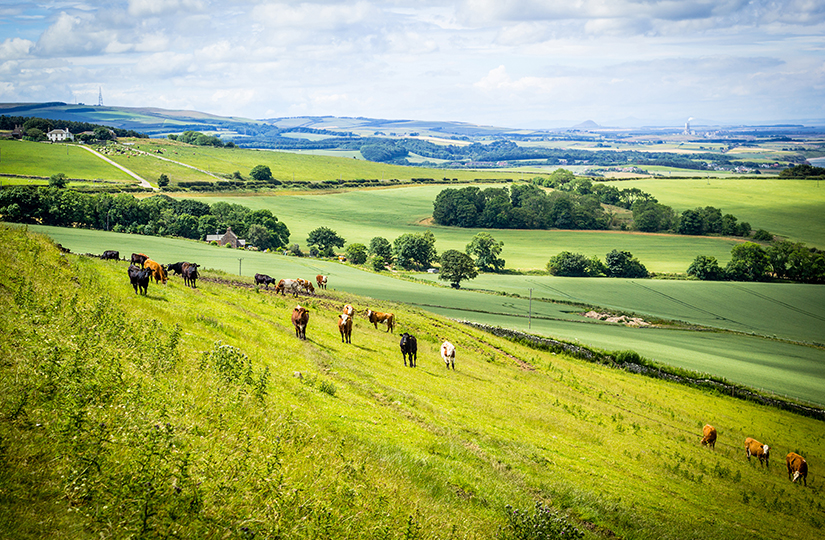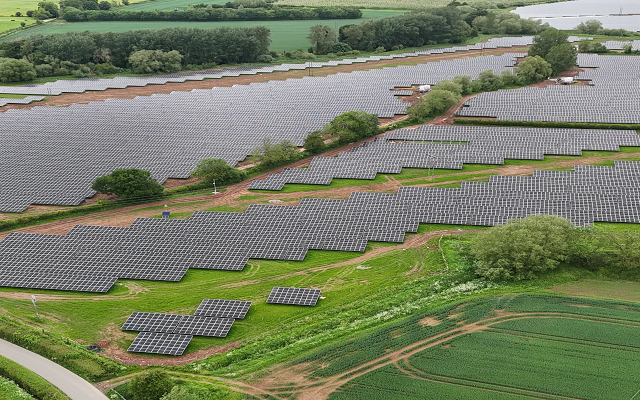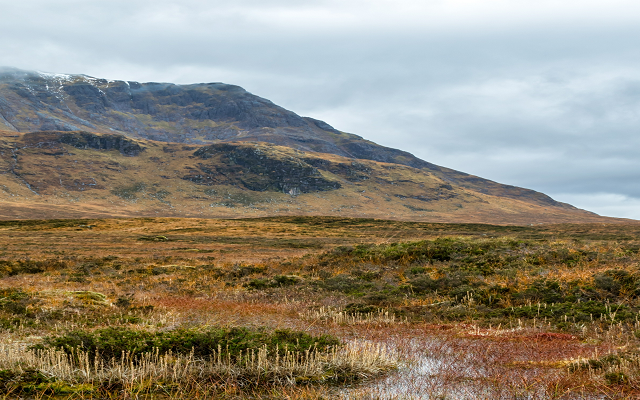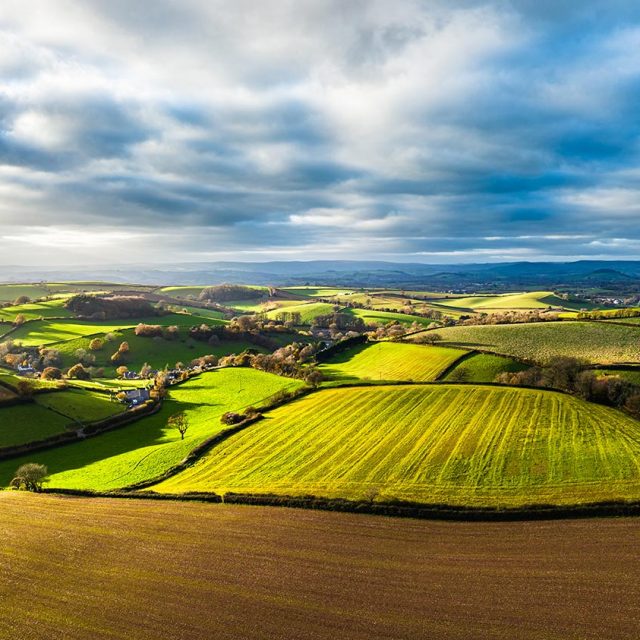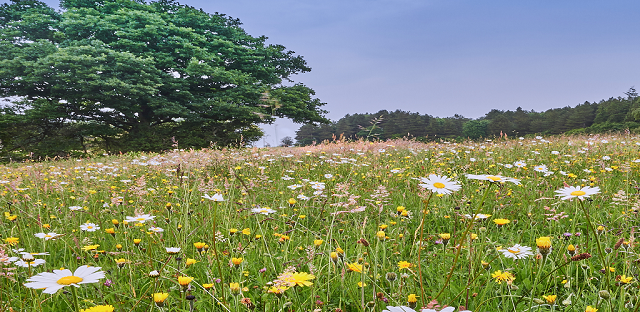The pitfalls of ‘carbon tunnel vision’ for landowners
One of the most frequent questions we get asked by our clients is: ‘How can I measure the carbon emissions from my farm or estate?’
While establishing and understanding your baseline is absolutely the right place to start, by focusing solely on carbon emissions there is a risk of suffering from what has become known as carbon tunnel vision.
The threats and challenges that the climate and biodiversity crises pose to us all are now well understood. Farmers and landowners have a unique opportunity to play their part in helping to address these challenges by making changes to land management practices that have lower carbon footprints and can bring about improvements for wildlife. From our interactions with our clients, it is increasingly clear that there is the will to do so and that there can be financial benefits too.
Carbon tunnel vision – the problem
There are several ways in which a land-based business can help to address such existential challenges, but there has been no escaping that it is carbon and reducing carbon emissions which has received the most attention.
Carbon tunnel vision (a phrase first coined by Dr Jan Konietzko from Cognizant) has become a popular description of the observation that by focusing solely on carbon emissions, we risk causing further harm to people and our planet by neglecting biodiversity and human well-being.
There are a number of relevant issues which will need to be addressed to ensure a transition to sustainability such as pollution, deforestation, resource scarcity, biodiversity loss, health, education and equality to name a few. These are factors that many farms and estate businesses can have influence upon to some degree. They are interconnected and focusing too heavily on one jeopardises the others to the detriment of our planet and wellbeing.
Our advice to clients is to look beyond carbon emissions and consider the wider impacts and dependencies that their business has on the environment and society.
Natural capital accounting
Since 2019 Strutt & Parker, in collaboration with leading environmental economists eftec, have been helping clients do just that by helping them to produce natural capital accounts. In simple terms, a natural capital account takes a holistic view of a farm or estate to show, in financial terms, the impacts and dependencies that the business has on nature and the environment, including their greenhouse gas emissions.
The account can also be used underpin decision making by showing the effects of changes to land management and whether the changes are sustainable in the long term and explore potential new sources of income like voluntary carbon markets, Biodiversity Net Gain (BNG) credits and public money for public goods through agri-environment schemes.
To explain more, Strutt & Parker and Eftec have produced a helpful guide to Natural Capital Accounting or you can speak to one of our advisors.
